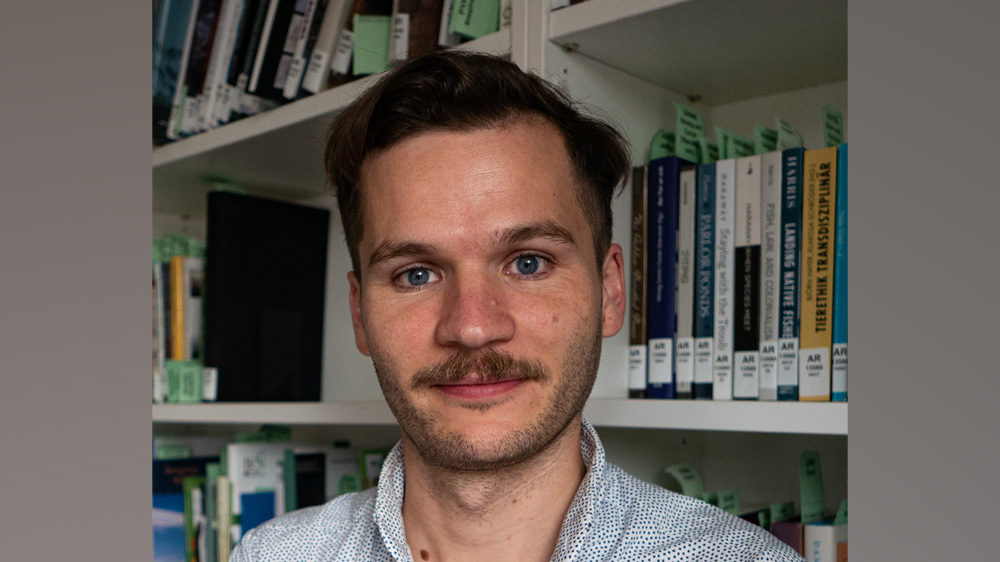About the lecture
Across the Chinese borderlands, investments in large-scale transnational infrastructure such as roads and special economic zones have increased exponentially over the past two decades.
Based on long-term ethnographic research, Borderland Infrastructures addresses a major contradiction at the heart of this fast-paced development: small-scale traders have lost their historic strategic advantages under the growth of massive Chinese state investment and are now struggling to keep their businesses afloat.
Concurrently, local ethnic minorities have become the target of radical resettlement projects, securitization, and tourism initiatives, and have in many cases grown increasingly dependent on state subsidies.
At the juncture of anthropological explorations of the state, border studies, and research on transnational trade and infrastructure development, Borderland Infrastructures provides new analytical tools to understand how state power is experienced, mediated, and enacted in Xinjiang and Yunnan.
In the process, Rippa offers a rich and nuanced ethnography of life across China’s peripheries.
About Allessandro Rippa
Alessandro Rippa is Associate Professor at the Department of Social Anthropology, University of Oslo. Before joining SAI, Alessandro completed his PhD in Social Anthropology at the University of Aberdeen (2015). He subsequently held postdoctoral positions at LMU Munich, the University of Colorado Boulder, and Tallinn University.
He is the author of "Borderland Infrastructures: Trade, Development, and Control in Western China" (Amsterdam University Press, 2020), co-editor of the "Routledge Handbook of Asian Borderlands," and the author of numerous articles for journals such as The China Quarterly, Social Analysis, Ethnos, Political Geography, Social Anthropology/Anthropologie sociale.
Alessandro is interested in theoretical and empirical convergences of infrastructure development, human-environment relations, and social change in contemporary China, Southeast Asia, and Europe.
His doctoral and post-doctoral research explored some of the unintended consequences of fast-paced infrastructure development, the boundaries of formal and informal in transnational exchanges, and the commodification and marginalisation of ethnic minorities at China's borderlands.
He has also addressed the social and environmental components of Chinese infrastructure projects in Southeast Asia, particularly in the context of the Belt and Road Initiative and ongoing investments in extractive and agricultural industries across the region. Lastly, Alessandro has been working on conservation, hunting, and local responses to environmental change in the Italian Alps, his native region.
Alessandro's current project is funded by an ERC Starting Grant ("Amber Worlds: A Geological Anthropology for the Anthropocene"), and sets out to be the first global study of amber from an anthropological perspective.
This project draws on Alessandro's long-term work among amber miners and traders at the China-Myanmar borderlands, as well as on more recent research in Mexico, the Baltic countries, and Germany, and aims to bridge scholarship in anthropology, STS, and political ecology."
